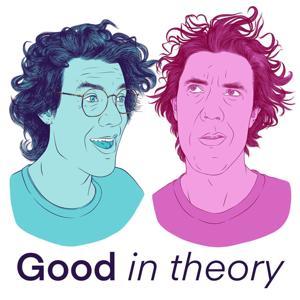
Sign up to save your podcasts
Or



By Laurence Houlgate





5
88 ratings



The podcast currently has 22 episodes available.










The podcast currently has 22 episodes available.

9,611 Listeners

87 Listeners

9,527 Listeners

45,395 Listeners

52 Listeners

14,794 Listeners

747 Listeners